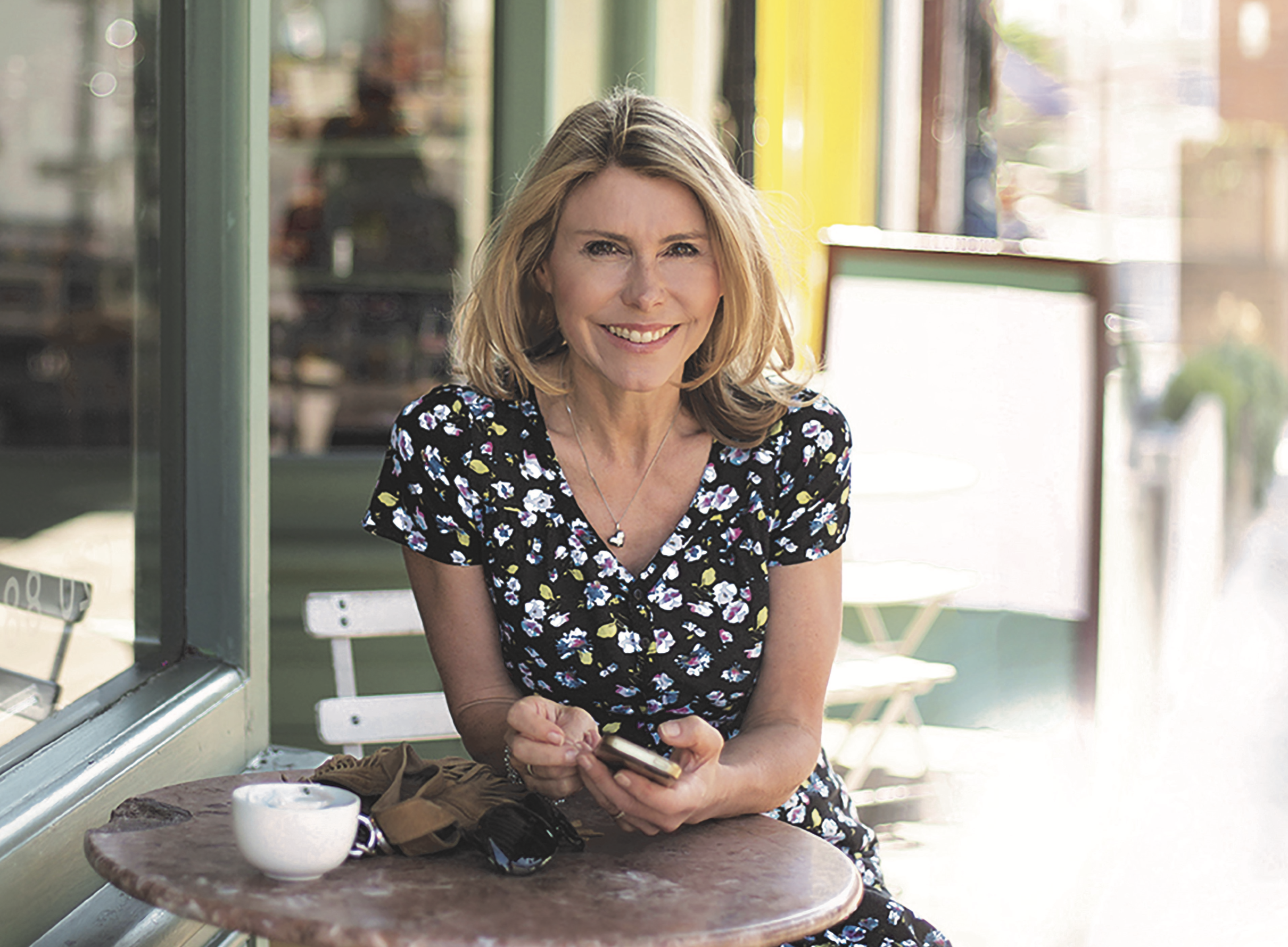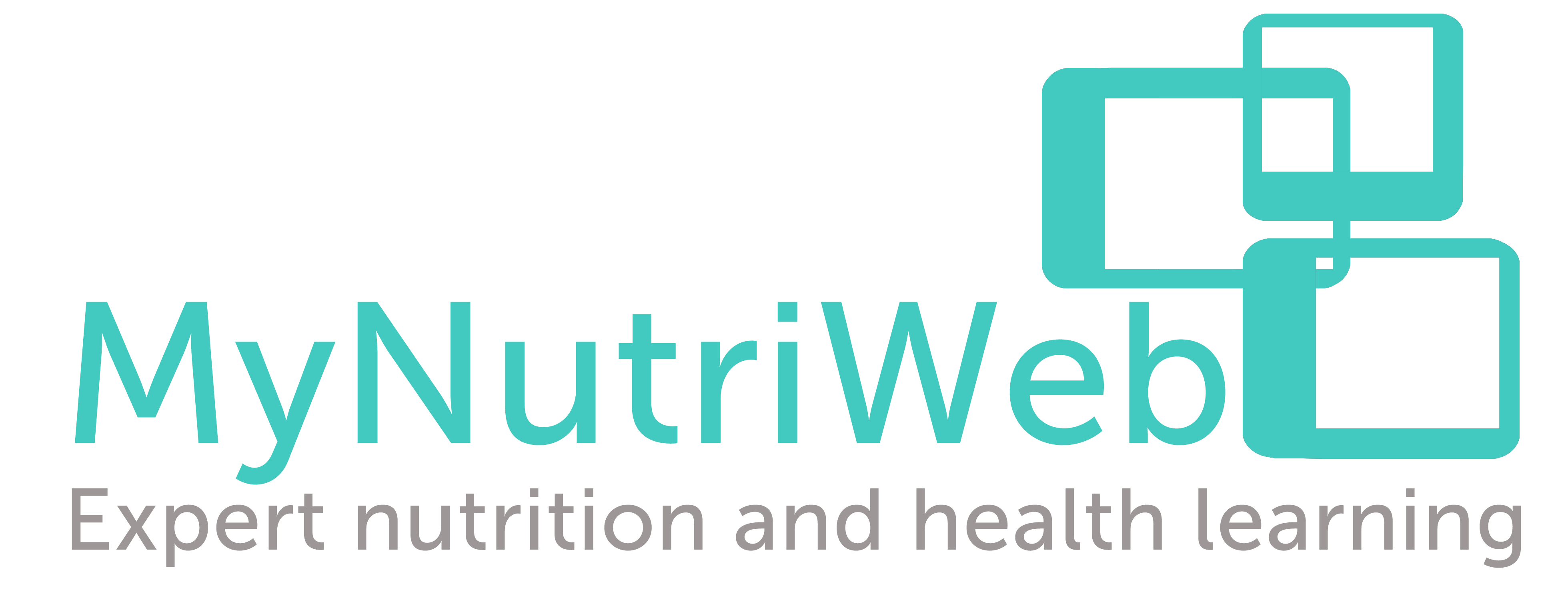Public Figures
We'd like to thank the following public figures for their support of Salt Awareness Week 2021:
 |
Amanda Ursell RNutr, Registered Nutritionist: "In a year when our minds, understandably, have been focussing on other issues, it is still vital that we spare time to think about our overall wellbeing and when it comes to nutrition, the message around reducing salt still needs to be heard and reiterated. There are many things that are clearly out of our control when it comes to diseases that undermine human health but being mindful of our salt intake and reducing it when we need to, is something we can proactively do daily. Experts tell us time and again that lowering salt can help our blood pressure and thus cardiovascular health, reducing for example the risk of stroke. It can also have knock-on positive effects on bone health. The good news is that it is never too late to start taking salt reduction seriously and a great place to start is by swapping processed foods for those you cook fresh at home. This can help to save money, boost overall nutritional value of your diet and lower salt. It's win, win, win, whichever way you look at it." |
 |
Azmina Govindji RD MBDA, Consultant Nutritionist & Registered Dietitian: “Staying at home could present a perfect opportunity for you to create healthy eating habits that benefit you and your family in the long term. It's easy to put together a simple pasta dish using dried pasta, a handful of frozen vegetables, some garlic and a dash of olive oil. But my favourite tip is that you can get more flavour by choosing spices instead of added salt. A sprinkling of cumin seeds, a teaspoon of curry powder or a touch of chilli can add full flavour that brings an exciting dimension to your culinary creations. Try my chicken tikka pitta pockets recipe if you fancy a healthier twist to your high-salt takeaway!” |
 |
Charlotte Radcliffe RNutr, Registered Nutritionist “The impact of excess dietary salt is not immediate, and is often invisible, however this doesn’t make it any less important. In fact, it’s hugely important as salt is the leading cause of raised blood pressure which in turn is the major cause of strokes and coronary heart disease. Moderation is definitely key (max 6g a day for 11yrs+). It might not seem a lot, but each 1g per day reduction in population salt intake saves more than 4000 premature deaths per year. One way we can all monitor our salt consumption is through our cooking at home. Gradual reductions over time can help us become less reliant on salty tastes, and experimenting with different flavours such as herbs, spices, lemon and lime can really help to add flavour to food without the need for salt. Always taste your food before automatically reaching for the salt!” |
.jpg) |
Charlotte Stirling-Reed RNutr, Registered Nutritionist "Salt awareness week is such an important time to highlight that we don't want to be adding unnecessary salt to young children's (and especially baby's) foods. There are plenty of ways to add flavour without all the salt when making family recipes. I'm a big advocator of cooking meals for the whole family to share - including weaning babies - and in order to do this, it might mean that families themselves need to swap the salt. A pinch here and there can really add up, especially when babies and children need so little in their diets & lots of our everyday foods already contain added salt." |
 |
Dr Sarah Jarvis, GP and medical advisor to LoSalt “Cardiovascular disease (CVD), including heart attack and stroke, remains the leading cause of death in men in the UK and one of the top causes for women. One of the biggest risk factors for CVD is high blood pressure, and excess sodium intake, largely in the form of salt, is a major contributor. Indeed, excess dietary sodium is thought to account every year for 3 million deaths globally. It is estimated that in the UK, for every 1 gram of salt we cut from our diet as a nation, there would be 4,147 fewer premature deaths and a saving of £288million to the NHS every year. As a GP, I spend much of my time dealing with patients with high blood pressure or other risk factors for CVD. I am well aware how easy it can be to take in too much salt without realising it, especially with ready-prepared foods. Cooking at home, with the help of tasty recipes low in salt, can help all of us cut our risks without compromising on flavour.” |
 |
Harman Bajwa RNutr, Registered Nutritionist (Food, Public Health) “The relation of excess intake of salt with high blood pressure and other conditions is well known and evident in the data. The Government recommendation for salt is about a teaspoon which is no more than 6g of salt a day. However, most of us consume 8.1gof salt a day which is much more than the recommended intake. Cutting back on salt intake and adding more flavours, ingredients instead can reduce the risks of cardiovascular conditions, high blood pressure and other related illnesses. With COVID-19 restrictions in place, home cooking has become a popular choice. It is time for us to reinvent our cooking skills and add more flavours, nutrition and less salt in our favourite recipes. Home cooking benefits our health and is easy on budgets too! Adding more flavours and reducing the salt in our daily meals have a long-term benefit to our health & wellbeing. Salt Awareness Week, led by Action on Salt have a perfect theme this year-‘More Flavour, Less Salt!’ to enjoy home cooking with our diverse, traditional recipes full of health some flavours. As a registered nutritionist (food/public health), food lover and a proud owner of my nutrition consultancy, Nutrificient Life, I appreciate the brilliant campaign and fully support Salt awareness week with the theme ‘More Flavour, Less Salt!’ This is a time to indulge in healthy cooking with flavoursome recipes and enhance your daily meals.” |
-(2)-(2)-(1)-(1).jpg) |
Jenny Rosborough RNutr, Registered Nutritionist “So much of 'normal' life has changed over the past 12 months, including the way we eat. Eating out does not always help out from a health perspective and, as so much of the salt we consume is already in the food we buy, the increase in home-cooking provides an opportunity to reduce the amount we eat. It's time to experiment with different flavours to gradually reduce the salt we add to our favourite dishes and make changes now that last this season and beyond. Thank you, Action on Salt, for continuing to play a crucial role in salt reduction to improve public health.” |
 |
Kate Quilton, Journalist, Broadcaster and Food Campaigner "Salt Awareness Week brings a great opportunity for us to really think about how much salt we’re eating. With so many of us cooking from home more than we used to, it’s easy to think that we’re not eating much at all. But even if we don’t add salt to our food directly, it can quickly add up in the different ingredients we use. Opt for lower salt versions of ingredients such as stock cubes and pre made sauces, and switch any added salt for herbs and spices for more flavour." |
 |
MyNutriWeb “MyNutriWeb is a trusted nutrition & health learning hub for professionals. We deliver expert, accessible content that enables professional development, discussion & a collaborative voice ultimately supporting our community to help others to eat well, both for the benefit of people’s health & the planet. With the presence of hidden salt in many of our foods and drinks, people are still consuming too much salt without realising it which is significantly contributing to the silent global pandemic, hypertension. With lower salt intakes being associated with a reduced risk of blood pressure, cardiovascular disease and all-cause mortality. MyNutriWeb are pleased to support this year’s theme ‘More Flavour Less Salt’ as part of this much needed collaborative voice for salt reduction. We are sharing this with the MyNutriWeb community on a live webinar on Wednesday 3rdMarch in collaboration with Blood Pressure UK ahead of salt awareness week to support health professionals in influencing their communities and audiences to eat less salt for the nation’s health.” |
 |
Priya Tew RD, Dietitian “I am delighted to be supporting Salt Awareness Week. Salt is a known cause of high blood pressure which can increase the risk of stroke and heart disease. Making swaps like using herbs and spices in our meals can help reduce the need for stock cubes, salt and salty sauces. Following a Mediterranean style diet such as the evidenced based DASH diet shows that eating plenty of fruit and vegetables, with lean proteins, nuts, seeds, wholegrains alongside reducing salt can have a long term impact on our physical health.” |
 |
Rhiannon Lambert RNutr, Registered Nutritionist “Salt is often hidden in everyday items that people don’t necessarily realise is there, especially for children so always check the label. The daily recommendation is up to 6g for adults but currently in the UK on average we are consuming around 8g per day. Research shows that salt is linked to cardiovascular health and blood pressure and can have an impact on people’s overall health, so considering how much you could be eating and adding to your meals each day is important. To help reduce your salt intake, try cooking from scratch so you can choose how much is going into your meals and try using herbs and spices in dishes as an alternative to salt.” |
 |
Sophie Bertrand RNutr, Registered Nutritionist “A lot of people in the UK are not mindful of their salt intake when it comes to their diet and so many foods now have added salt. Cooking recipes from scratch and help moderate salt intake and gives you a chance to add plenty of other flavours and nutrients.” |


